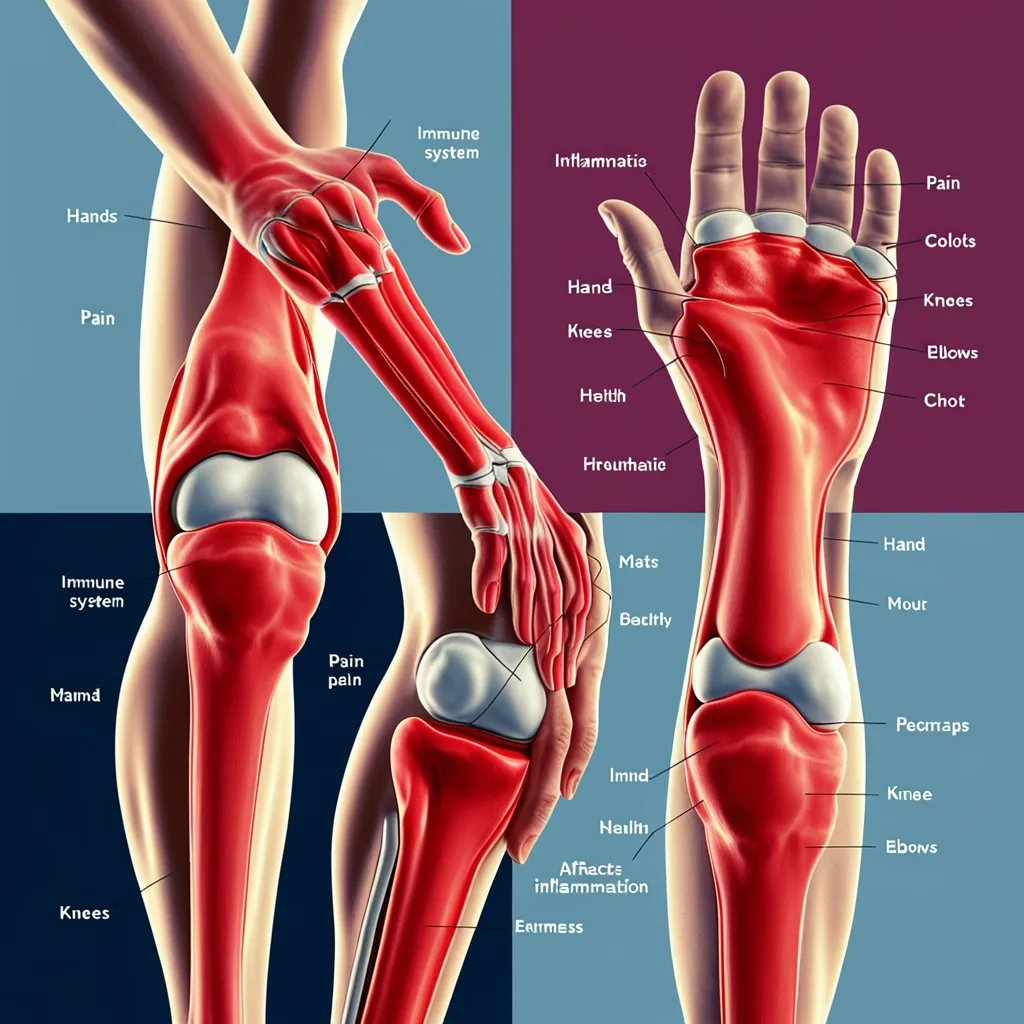Gut health is super important for feeling good all around. Your gut hosts a world of tiny organisms called the microbiome. These little guys help with digestion, boost your immune system, and even keep your mind healthy. Here’s a casual guide to keeping your gut in the best shape possible.
Start by eating a balanced diet. Fresh, unprocessed foods are golden. Processed stuff breaks down into sugars fast, and that’s a no-go for your gut. Load up on fruits, veggies, whole grains, and legumes. They’re packed with fiber, which the good bacteria in your gut love.
Probiotics are your friends. These live bacteria help balance your gut. You’ll find them in foods like yogurt, kefir, sauerkraut, and kimchi. If fermented foods aren’t your thing, ask a healthcare pro about supplements that might work for you.
Don’t sleep on hydration—literally. Drinking plenty of water helps break down food and absorb nutrients better. Aim for at least eight glasses of water a day. Staying hydrated also keeps constipation at bay and supports good bacteria growth.
Stress is a gut’s worst enemy. Practice yoga, meditate, or start journaling to keep stress levels down. Reducing anxiety can make a big difference for your gut.
Exercise is another key player. Physical activity helps your gut muscles and keeps things moving smoothly. Regular, moderate exercise can boost the number of good bacteria in your gut.
Ditch harmful foods like high-fat junk, refined sugars, and alcohol. They mess with your gut’s balance. Instead, go for foods that boost good bacteria, like garlic, nuts, and seeds.
Sleep is crucial. Not getting enough zzz’s can stress you out and disrupt your gut microbiome. Aim for a solid 7-8 hours a night.
Pay attention to food intolerances. If you feel bloated, get stomach pain, or have diarrhea after eating certain foods, you might have an intolerance. Try cutting out common culprits and see if it helps. Your gut will thank you.
Eating smaller meals more frequently can also help. It’s easier on your digestive system and can reduce gut issues. Plus, chewing your food thoroughly makes digestion smoother and your body absorbs nutrients better.
Be cautious with antibiotics. They can wipe out both bad and good bacteria in your gut. Only use them when absolutely necessary and always consult a healthcare professional first.
Keep an eye on your symptoms. If you notice frequent stomach upset, unexplained weight changes, poor sleep, or constant fatigue, it’s a signal to consult a healthcare pro.
Keeping your gut healthy involves a mix of good eating habits, lifestyle changes, and mindful choices. Follow these tips, and you’ll be on your way to a healthier gut and a happier you. Remember, a happy gut means a healthier you!






